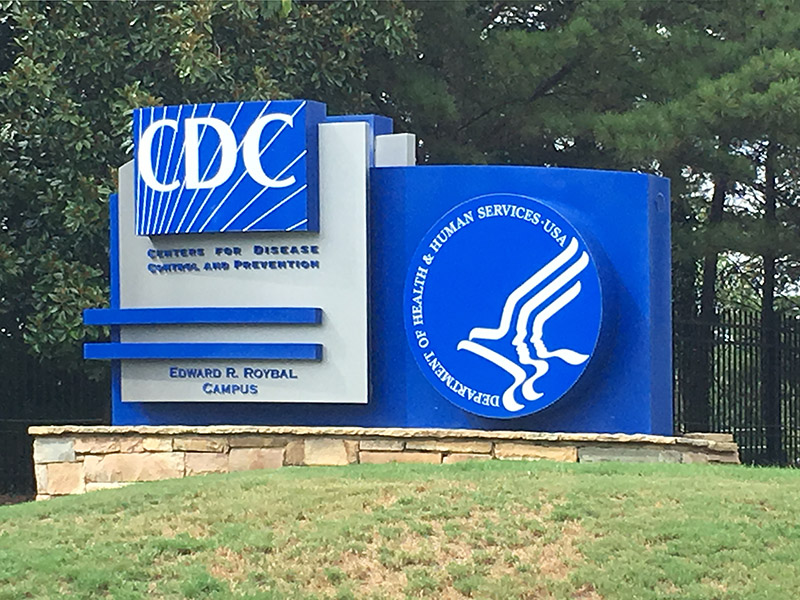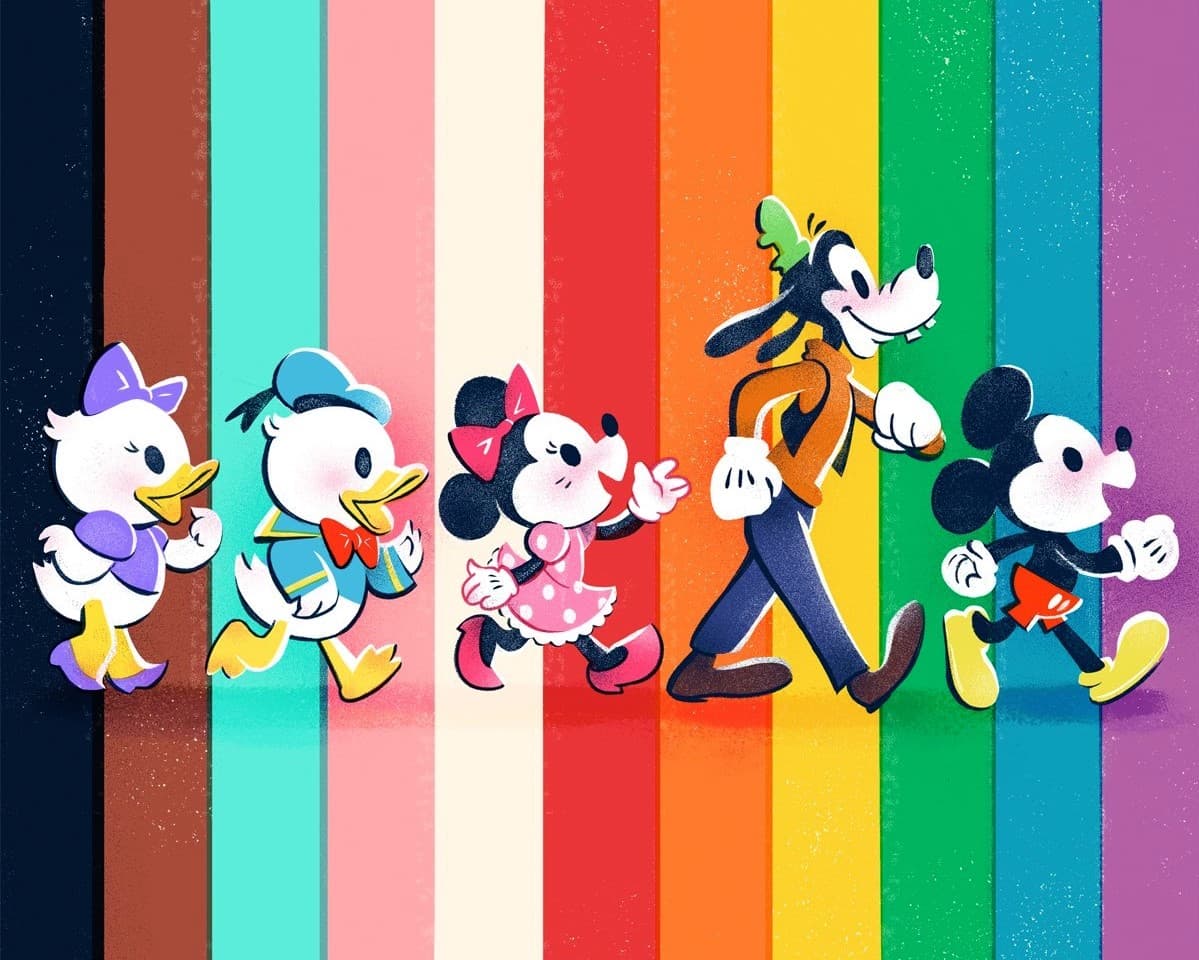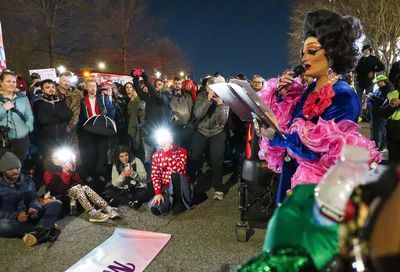LGBT groups urge SCOTUS to strike down Texas abortion law
Advocates say a decision upholding the law could negatively impact LGBT people

Several LGBT groups are coming to the legal aid of their allies in the reproductive justice movement, urging the U.S. Supreme Court to strike down a 2013 Texas law that placed some of the country’s most draconian restrictions on Lone Star State abortion providers as a way of forcing them out of business.
The law, known as House Bill 2, gained national prominence after opponents staged massive grassroots protests against it, and after former State Sen. Wendy Davis (D-Fort Worth), the Democratic Party’s 2014 gubernatorial candidate, staged an 11-hour filibuster of a similar bill known as Senate Bill 5. House Bill 2 requires doctors who provide abortions to obtain admitting privileges at a hospital within 30 miles — something that is so difficult to obtain that it would likely result in the closure of most clinics, particularly those in rural areas.
The bill also demands that abortion facilities, in order to stay open, must meet regulatory standards, such as minimum size standards for rooms, doorways, and even restroom plumbing, which can force the facilities to close if they don’t meet those standards. And it bans all abortions after 20 weeks of gestation with a narrow exception for when the mother’s life is at risk, and requires that women who take abortion-inducing drugs or the “morning-after” pill be forced to see a doctor up to four times when taking the medication, often forcing them to miss work and travel long distances out of their way to reach a women’s health clinic.
The Texas abortion law was challenged in court, and that challenge is now pending before the Supreme Court, which is slated to hear oral arguments on March 2. The Obama administration and 44 other groups, including state and federal lawmakers, medical experts, and reproductive justice groups, have filed amicus briefs in the case of Whole Women’s Health, et al. v. Cole.
One of those amicus briefs was filed by several LGBT groups, including the National Center for Lesbian Rights, the National LGBTQ Task Force, Gay & Lesbian Advocates and Defenders (GLAD), Equal Justice Society, the National Black Justice Coalition, the Family Equality Council, the Human Rights Campiagn, Equality Federation, and Health Professionals Advancing LGBT Equality, among others. As Metro Weekly has previously reported, the LGBT movement has, for quite some time, been a close ally of the reproductive rights and reproductive justice movements.
In their amicus brief, the LGBT organizations ask the court to strike down the restrictions in the Texas law. They argue that if the restrictions are upheld, all but 10 abortion clinics in the state would be forced to close. They ask the Supreme Court justices to carefully scrutinize the state’s asserted justification for the law — that it is intended to protect the health of women who seek abortions — before allowing it to stand. According to evidence presented by medical experts at trial, the restrictions are unnecessary and actually endanger women’s health.
“The movements for reproductive health, rights and justice are indispensable for LGBTQ people. Our work, as repro and LGBTQ advocates, is inseparable as we are working for the right to live our lives fully and the right to choose how we use our bodies,” Rea Carey, executive director of the National LGBTQ Task Force, said in a statement speaking on behalf of the LGBT coalition.
“…A ruling that favors discrimination under the guise of ‘women’s health’ would negatively impact LGBTQ people,” Carey continued. “For one, it would severely restrict our ability to control our reproductive health and sexual lives. Many of us — cisgender women, transgender men, intersex and gender non-conforming individuals, among others — can get pregnant and rely on a full range of reproductive health options, including abortion.”
Support Metro Weekly’s Journalism
These are challenging times for news organizations. And yet it’s crucial we stay active and provide vital resources and information to both our local readers and the world. So won’t you please take a moment and consider supporting Metro Weekly with a membership? For as little as $5 a month, you can help ensure Metro Weekly magazine and MetroWeekly.com remain free, viable resources as we provide the best, most diverse, culturally-resonant LGBTQ coverage in both the D.C. region and around the world. Memberships come with exclusive perks and discounts, your own personal digital delivery of each week’s magazine (and an archive), access to our Member's Lounge when it launches this fall, and exclusive members-only items like Metro Weekly Membership Mugs and Tote Bags! Check out all our membership levels here and please join us today!


























You must be logged in to post a comment.